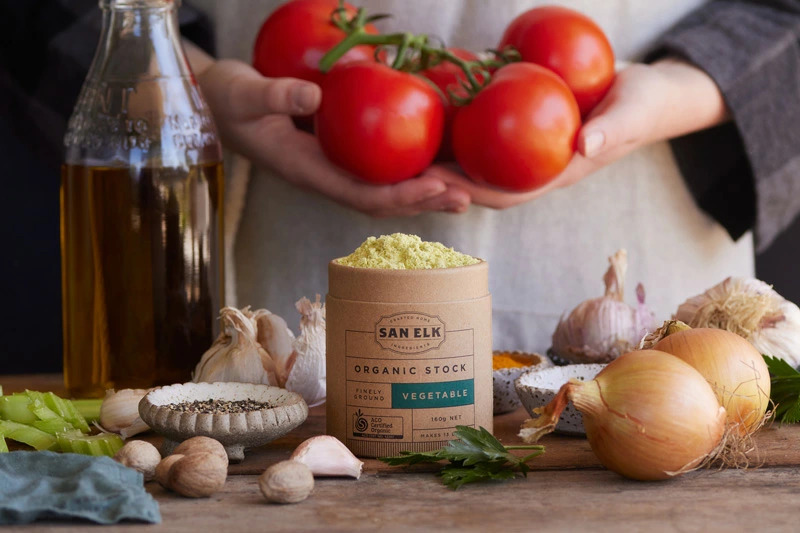NATURAL pheromones to increase honey bee pollination and cultivating insect viruses to combat pests are two innovative practices an Australian company is using to support organic farming practices.
Addressing delegates at the inaugural Australian Organic Conference yesterday in Brisbane, Organic Crop Protectants’ Innovations and Business Development Manager, Gary Leeson, said collaboration with global companies on new products complemented their existing product range and helped farmers produce crops without the intervention of synthetic chemicals, including fungicides and herbicides.
“We have several partnerships with key global organisations that are allowing us to provide solutions that will grow Australia’s certified organic farming sector,” Mr Leeson said.
“As an example, we have been working with Californian company, ISCA, to produce a natural pheromone for honey bees that attracts bees to stay longer in the orchard during pollination season, with the ability to increase yields up to 15 per cent.
“This technology is usually important as almond pollination season, for example, falls in winter when temperatures are cooler, and bees don’t want to work too hard.
“However, this year, as the Australian honey bee industry grapples with the Varroa mite outbreak in New South Wales, demand is stronger than ever to help fill the gap in the number of hives available for pollination services due to the travel restrictions placed on bees.”
The company is also using natural pheromone products to manage Queensland and Mediterranean fruit flies and are preventing light brown apple moths from mating by using a sex pheromone that disrupts their natural instincts.
Using natural products to manage pests is a key focus of Organic Crop Protectants and Mr Leeson told conference delegates about work with Switzerland-based company, Andermatt Biocontrol, where viruses on insects are grown to manage selective pests.
“In this initiative, a range of viruses are grown on insects in drums, and then released into a crop to eliminate that particular pest,” he said.
“What’s great about the product, is that it will only infect the targeted pest and not cause any damage to beneficial insects in the crop.”
While Organic Crop Protectants continue to invest in innovative technologies, Mr Leeson said Australia’s export regulations for organic products need to reflect more recent changes in agricultural production to support industry growth.
“Farming methods have changed over the past twenty years, and we need regulations to catch up so organic producers can expand their markets,” he said.
“Increasing demand for organic products both domestically and in export markets will encourage investment in organic farming input technologies and help grow the sector as a whole.”
The inaugural Australian Organic Conference continues in Brisbane today.
Media enquiries:
Hannah Hardy
hannah.hardy@bluehillpr.com.au
0421 196 004
Andrea Davy
andrea.davy@bluehillpr.com.au
0419 773 576






